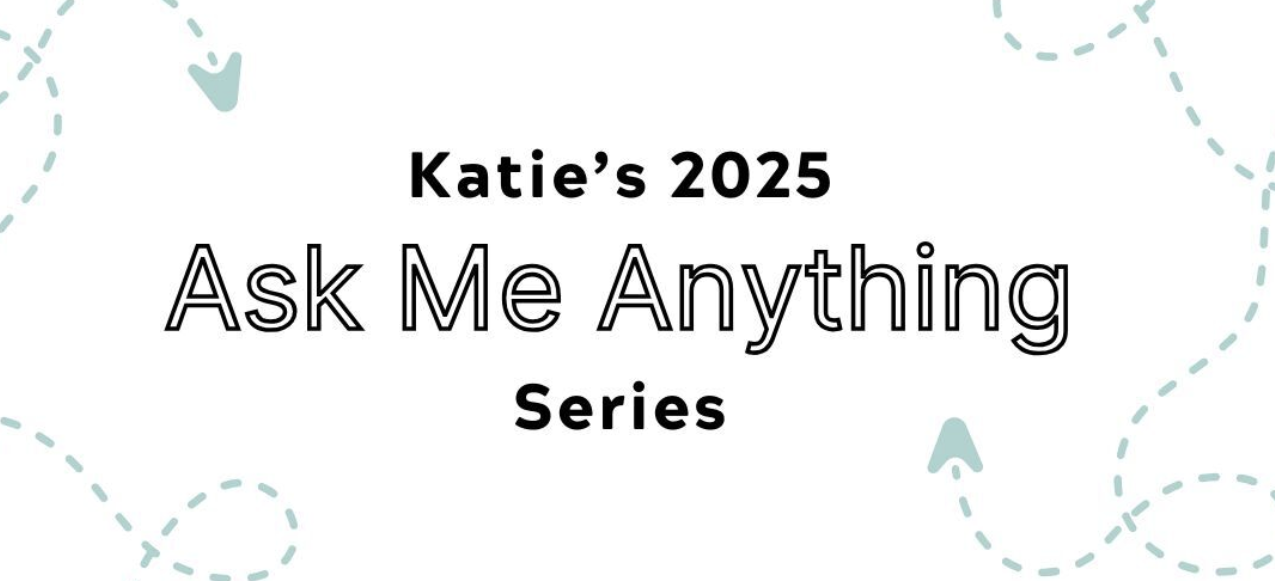As I prepare to draft my 2018 goals (more on those next week), I’ve been thinking a lot about the purpose of goals.
Some of the goals I set last year (read more about those starting here) were easier to accomplish than others. So, as the year closes, I’ve been reflecting on what makes goals meaningful.
For me, meaningful = motivation.
One thing I’ve learned is that my goals are more easily accomplished if they are tied to a larger vision for how I want to live my life, whether that be now or in the future.
For example, I envision myself as a writer. Because that’s a key part of the identity I have now, as well as the identity I’m trying to strengthen, my writing goals were always top priority in 2017. To ensure I met those goals, I did things like carve out time for two 10-day writing retreats and complete a 30-day writing challenge.
Prioritizing my writing goals resulted in some pretty amazing accomplishments in 2017:
- I finished my third book
- I pitched and received a contract for my fourth book
- I drafted a proposal for my fifth book
- I edited two collections, wrote an 80+ page report, and drafted multiple blog posts and other miscellaneous writing assignments for my job as research director for Oregon State Ecampus
- I drafted content for a new online course (which also resulted in a 150+ page ebook)
- I wrote over 50 weekly essays that were sent out in my newsletter and posted to my blog
These projects (several were goals to complete in 2017) were meaningful for me because they were tied to a larger vision of the life I want to live.
Another good example are the business goals I set for myself this year. Once I formed my LLC and envisioned myself as a small business owner, I took my business-related goals a lot more seriously. That resulted in the following:
- More than quadrupling my side-business revenue
- Diversifying that revenue so that speaking engagements fell to 50% of the income from 80% (webinars, coaching, course sales, and royalties made up the other 50%)
- Launching a webinar series
- Launching my first online course
- Pursuing my coaching certification
- Taking on several new coaching and website design clients in 2017
As I start to think about 2018, I want to make sure all the goals I set are aligned with a broader vision. In addition to making me more motivated to accomplish the goal, this has the added benefit of bringing me closer to the ideal life I’ve envisioned for myself.
Interested? Here are some questions to get you started thinking about your future vision and what goals might be tied to that vision:
- When you imagine yourself in 5–10 years, what are you doing to make your living? (Keep in mind that this doesn’t have to be a specific job title, but could be broad things like “writing,” “making art,” “helping people,” etc.)
- When you imagine yourself in 5–10 years, what are you most proud of that you’ve accomplished? (This might be professional accomplishments, or things you’ve achieved related to family, relationships, health or other areas of your life you feel are important.)
- When you imagine yourself in 5–10 years, what are you most relieved that you aren’t doing anymore? (In other words, what have you left behind in terms of tasks, mindset, or personality quirks?)
- When you imagine yourself in 5–10 years, how do you feel? (I stole this one from Danielle LaPorte who is all about designing your life around your desired feelings.)
The next step is comparing your answers to these questions to your current status. How close are you to your vision of yourself 5–10 years from now? In which areas do you see yourself needing to make the most change?
For the area where you see the most change, work backward from your 5–10 year vision, outlining the steps it might take to get you there.
Basically, I’m advocating long-term strategic planning as a precursor to annual goal-setting.
Next week, I’ll share some other pieces of my vision and the accompanying goals I’m planning for 2018.
To think on:
- What is your 5–10 year vision?
- What goals will help get you there?



